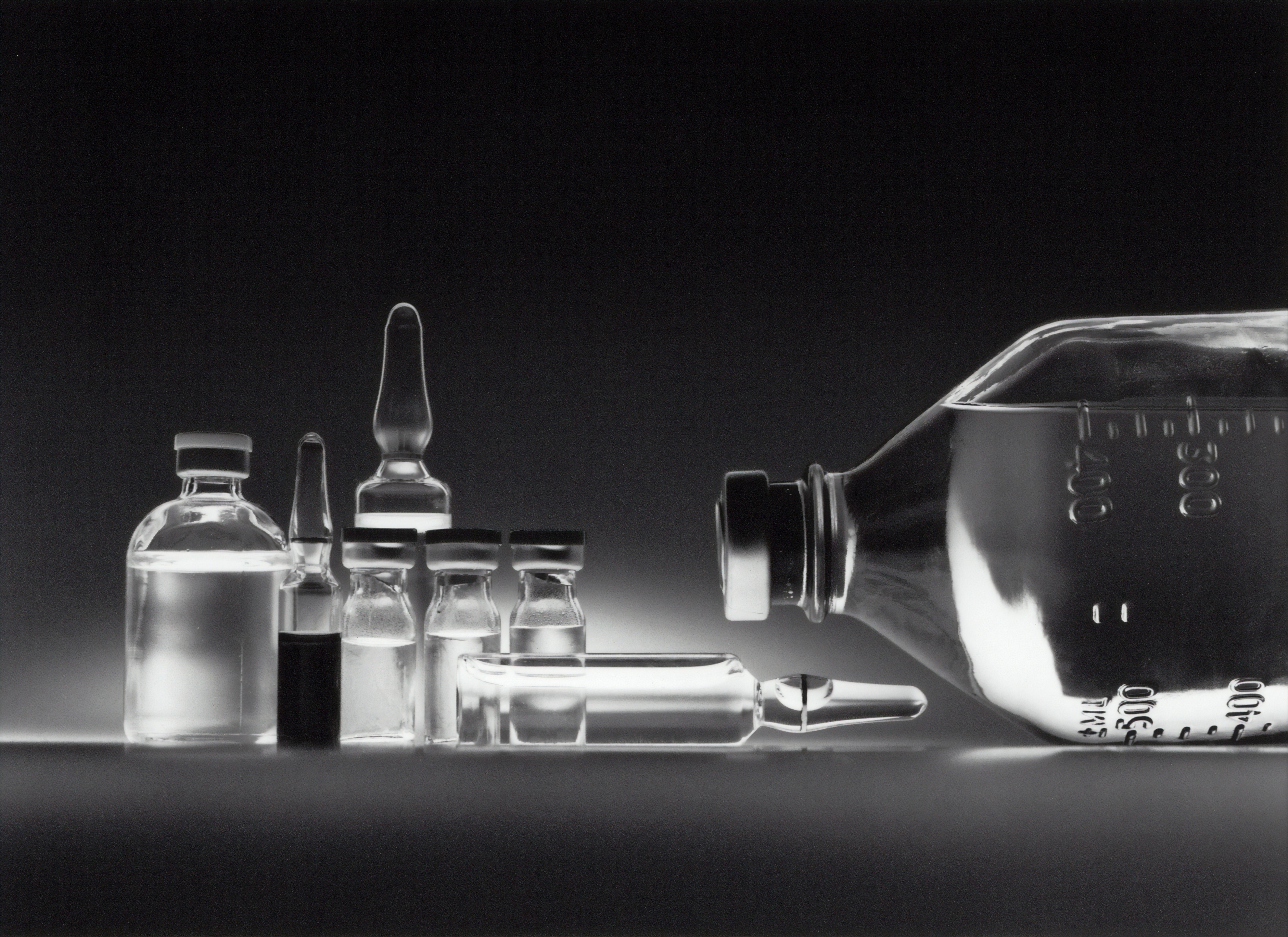
Foreign Pharmaceutical Business and the False Claims Act

We’ve been blogging and writing that just because a company is doing business overseas does not mean you can’t file a False Claims Act case. This may be obvious when you think about the potential liability for fraud against the government involving say a USAID contract.
But what about something made abroad that is sold here? Well think about pharmaceuticals. Think hard, because the biggest dollar value cases of liability under the False Claims Act usually involve marketing of pharmaceuticals. Why? It’s big business and once there is something, anything wrong with the way the drug is sold liability is huge. A huge percentage of the prescription drug business in the United States is funded through federal and state government. When something goes wrong there is the potential for a collection under the federal law as well as some 29 state False Claims Acts. You can file a case which potentially would involve collections under virtually all those laws at once. As long as there is federal and state money involved.
Will foreign manufacturing problems lead to more False Claims Cases? Well, who knows, but manufacturing drugs according to FDA regulations is difficult and it has to be done right. Not following such regulations can lead to liability under the False Claims Act. The regulations do not exist just for fun, they are supposed to exist to protect us. The general impression is that The Department of Justice prioritizes cases, which involve drug safety, because well, we all want to be able to take pharmaceuticals safely. It can be a matter of life and death after all.
Is it possible, that not every place that the pharmaceuticals are being manufactured will be up to FDA regulations in practice? How is anybody going to know? From information provided by whistleblowers, of course.
Even in the U.S. bad manufacturing of drugs may be a big problem. For example, Glaxo Smith Kline had to pay a $750,000,000 and plead guilty to making adulterated drugs in Puerto Rico just a few years ago.
More recently, whistleblower Dinesh Thakur obtained a $500,000,000 settlement on behalf the government because an Indian Firm was allegedly involved in “wide ranging manufacturing violations…in facilities in India and the US. (Congratulations especially to the whistleblower Dinesh Thakur and his firm Stein Mitchel Muse and Cippolone)
It’s possible, of course, that all the pharmaceutical companies will adhere to the strictest standards and we won’t here of any more problems in manufacturing drugs either in the U.S. or abroad. It would be best if that were the case. Nobody actually wants to hear about large cases involving “adulterated drugs” if it means any chance we could be the one taking the pharmaceutical.
Of course, even if there is never another adulterated drug sold in the U.S. by a major pharmaceutical company the same principals would apply to a faulty medical device manufactured abroad and sold the U.S. Keep your eyes open for new big cases, just in the possible chance that I’m wrong and the companies involved have not completely cleaned up their manufacturing processes at home and abroad.
See the Justice Department announcement on the matter here.












